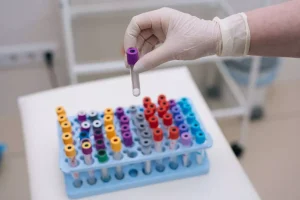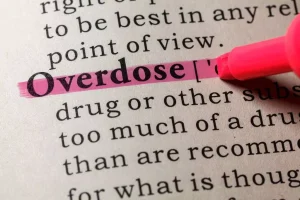
If you live with underlying anger challenges, for example, it may not be as noticeable when you’re sober because your frontal lobe allows you to manage your emotions and your behaviors. When you drink alcohol, those inhibitions are lifted, and if you’re feeling angry, you’re more likely to express it and do so in an exaggerated way. Specifically, it found that problematic drinkers may be more likely to attend to aggressogenic stimuli while intoxicated, and that is, they were more likely to experience certain cues as aggressive.
Psychological Effects of Ecstasy: Short-Term Bliss and Long-Term Consequences

The immediate effects include relaxation, impaired reflexes, and altered mood, while long-term use can cause dependence and addiction. The environment in which someone consumes alcohol can significantly impact their behavior. Environmental factors play a crucial role in shaping how individuals react to alcohol, particularly when it comes to aggression.

Psychological Causes of Alcoholism: Unraveling the Complex Web of Addiction
Many insurance plans cover alcohol and anger treatment, including therapy, counseling, and rehab programs. Coverage varies depending on the insurer and the type of plan, but most policies include substance abuse treatment and mental health services. It’s important to check with your provider to understand the specifics of your coverage, such as outpatient or inpatient care, therapy sessions, and medication. Some policies may also cover support groups or anger management classes as part of a comprehensive treatment Alcoholics Anonymous plan.
- They are probably dealing with their own negative emotions about your behaviour.
- You’d fixate on the negative and miss cues, like the person quietly apologizing, or their expression showing that they felt bad for running into you.
- Additionally, alcohol can become a habitual way to escape emotional pain or difficult situations, leading to dependency and addiction over time.
- For numerous individuals, alcohol serves as a coping mechanism, offering temporary respite from underlying stressors, anxieties, or unresolved traumas.
- Fortunately, people who become irrationally mad when drunk can work to prevent and treat their behavior.
- Alcohol consumption essentially turns off some of the switches in this control center.
How to Prevent Alcohol-Related Aggression
Remember, quitting a substance cold turkey can lead to health issues, so it’s best to enlist professional help. While anger is an emotion you experience when you feel threatened, aggression is a hostile behavior that results in physical or psychological harm to yourself or others. Some individuals exhibit “trait anger,” a personality trait that means they continually look for triggers that make them angry. Hangovers or withdrawal from alcohol can worsen anxiety symptoms, especially among people who drink heavily or those with alcohol use disorder.
- The stress-reducing effects of alcohol often make people believe there are no real consequences for their actions, which leads to confrontations, fights, or displays of aggression.
- They first consumed alcohol and were asked to recognize the emotions of different faces on a computer task.
- For more information about support options available, don’t hesitate to reach out through our contact page.
- Since people often turn to alcohol as a means of self-medication, any further aggravation will be likely to lead to even more alcohol consumption.
- For individuals already dealing with anger issues, alcohol can intensify and magnify these underlying challenges.
Recognizing Personal Triggers and Developing Healthy Coping Mechanisms
This link is miscellaneous, involving both physiological and psychological factors. Beyond its physiological effects, the association between alcohol and anger can affect the mental health of an individual. As a depressant, alcohol slows central nervous system activity, limiting inhibitions and promoting impulsive behaviors – including anger issues. From residential treatment to outpatient therapy, they’re bound to find something that suits them and considers every facet of who they are during treatment. That means addressing the alcohol use disorder and the anger together, like the closely linked complications they are, and not just one or the other.
People with ADHD and Addiction: The Fascinating Connection

Many people may naturally become angry or upset when drinking, but it’s not necessarily their fault. Sometimes, people with alcohol use disorders have an unhealthy relationship with alcohol due to specific genetics. Continue reading to learn more about the link between alcohol and anger, including which risk factors exist, how alcohol-related aggression can be alcoholic rage syndrome dangerous and more.
- Alcohol and personal health have been in the news lately amid a U.S. surgeon general advisory that even moderate drinking increases cancer risk.
- In the US, about 30% of murders are alcohol-related, and that number seems to be growing.
- Some people experience anxiety or panic attacks along with their hangovers the day after consuming too much alcohol.
- This might involve practices like mindfulness meditation, regular exercise, or engaging in creative pursuits.
- It also inhibits another neurotransmitter, glutamate, which regulates mood.
Anger Treatment Options
This means that after having a drink, some people may be less able to see things from another person’s point of view. They may have less tolerance and patience for others, which can lead to angry outbursts. When combined with other evidence-based therapies, such as cognitive behavioral therapy (CBT), MAT can help prevent relapse and increase your chance of recovery. Groups like Al-Anon or Al-Teen are available to help support people who have been affected by a loved one’s alcoholism.
